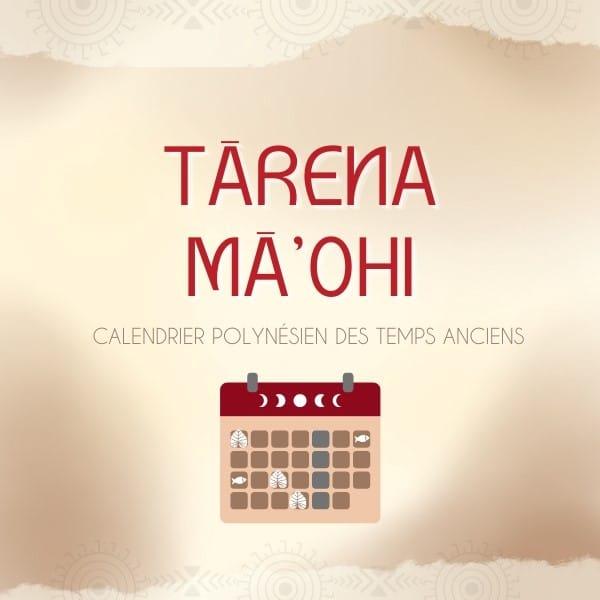To begin with, it is important to recall the importance, from a traditional point of view, of the conception of the Polynesian world and in particular the meaning of the words which refer to it. Heiva is translated (according to the Tahitian academy) by: pastime, entertainment, physical exercise of dance or even, an assembly gathered to dance. Heiva can also be translated as: celebration, hence the common expression 'a heiva ana'e! which means “that the heiva either " !
From a historical point of view,
In the 18th century, the first European navigators relate in their writings that the Polynesian social organization was hierarchical and rigorously structured, by the system governed by the caste of the ari'i, the chiefdoms.

The caste brotherhood of the 'Arioi occupied a privileged place there. The 'Arioi were the repositories of artistic traditions.
And animated in particular the so-called 'upa'upa festivities which included:
Dances, songs, music, theater or wrestling, and much more.
In 1819, with the support of English missionaries, the Pōmare code was promulgated: it prohibited the 'upa'upa.
This code will forever change the life as well as the habits and customs of the Polynesians.
In 1845, under the French protectorate, the 'upa'upa made their return, authorized but strongly regulated.
The first competition for hīmene, polyphonic singing, took place in 1867 in Papeete.
In 1880, the national holiday of July 14 was instituted in France and celebrated a year later in Tahiti.
From 1881, the festivities gathered in the city center, on Tarahoi Square.
There are then hīmene, tū'aro mā'ohi (traditional sports and games), regatta races, rowing but also all kinds of va'a (canoes): va'a tā'ie (canoe sailing), va'a tau'ati (double canoe), va'a toru (canoe with three paddlers).
It also shows the Flower Festival with the first flower cars.
Ten years later, in 1891, the organization of the festivities was entrusted to the municipality of Papeete.
Taking place in July, these festivities are popularly called tiurai, a word borrowed from the English july, which means July.
In 1892, the first dance competition took place, inseparable from traditional songs, which became essential.
The tiurai is also an opportunity to see the family of the mata'eina'a (which means clan, district, former territorial division
and the islands), who "go down to" Papeete and settle occasionally in pūhapa, temporary camps located in the schools of the city. With pride, they present their legends and historical facts.
We cannot talk about the tiurai without mentioning the pāpio: the carousels, the carnival, the booths, the games, etc.
However, the tiurai was suspended after the bombardment of the city of Papeete in 1914.
In 1918, during the First World War, then again, during the flu epidemic in 1947.
The festivities resumed in the early 1950s.
Madeleine Mou'a, known as Mamie Madeleine, founded a dance troupe called HEIVA TAHITI,
whose dancers belong to the most "honourable" families on the island.
A true precursor, it establishes the standards of costumes and the positioning of traditional instruments within orchestras. This is the beginning of the cultural renaissance.

The tiurai, installed place Vaiete since 1968, took the name Heiva in 1985,
thus reconnecting with the Heiva of the 'Arioi of ancient times.
In the year 2000, to celebrate the new millennium, the Heiva gave way to a festival which brought together, for the first time in three centuries, delegations from all the archipelagos.
This Festival inaugurated the performance area of To'atā, which has since remained the setting for 'ōrero (oratorical art), percussion, songs and Polynesian dances, all archipelagos combined... we are thus celebrating more than 140 years of Heiva !
The 'Ori Tahiti and the many areas conveyed by it have evolved over time and in practice, from the dance steps, the number of artists gathered on stage, the composition of the orchestra, the complexity of the costumes always renewed and above all the promotion of reo tahiti through the 'ōrero, etc.











